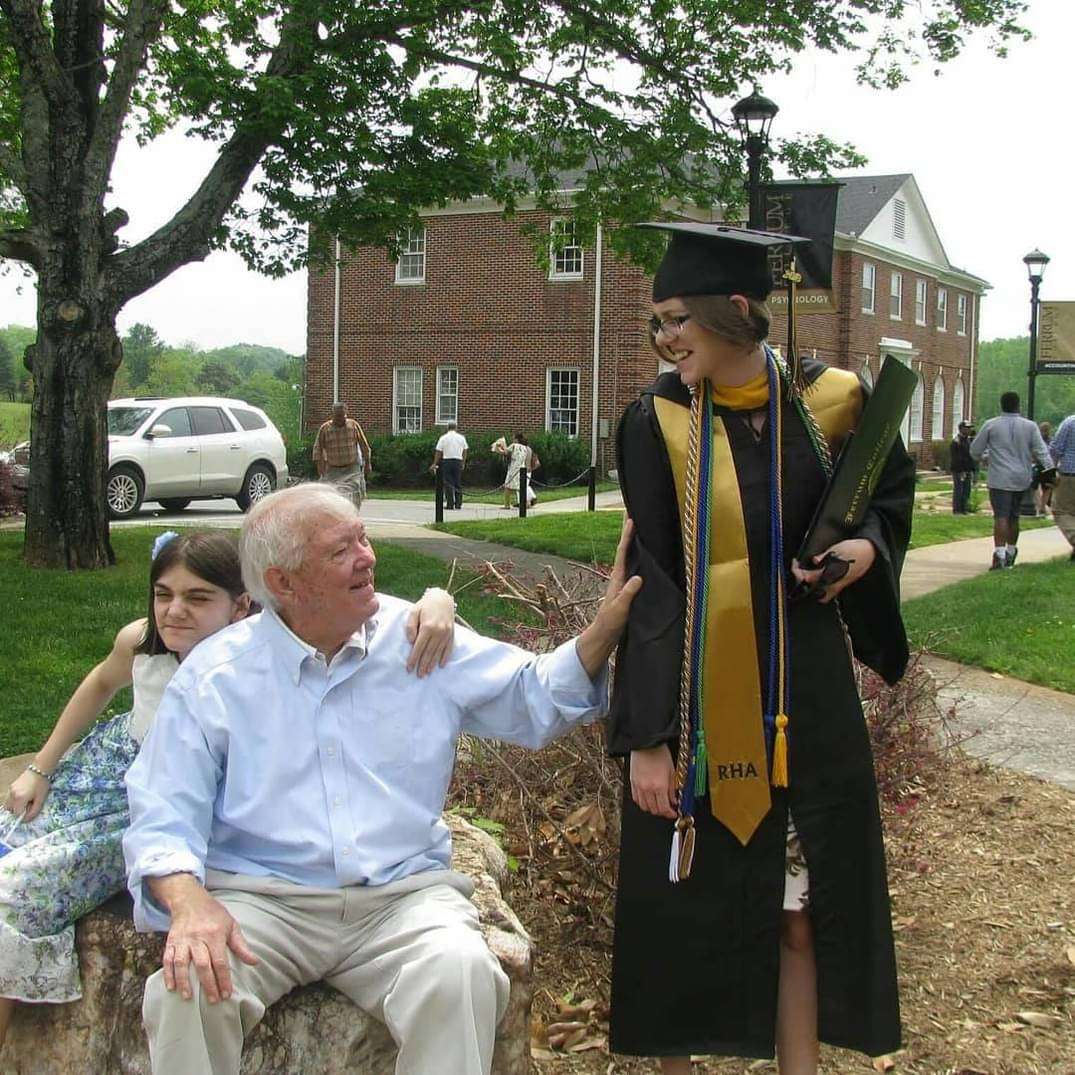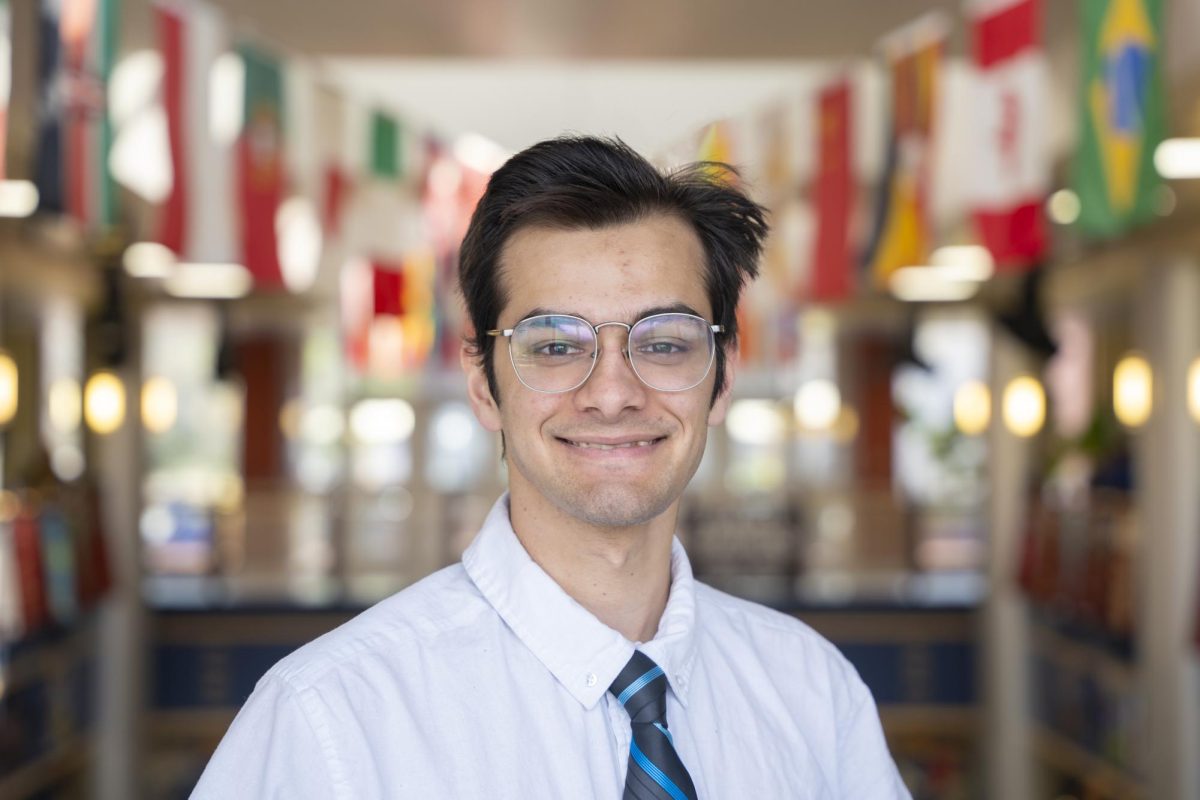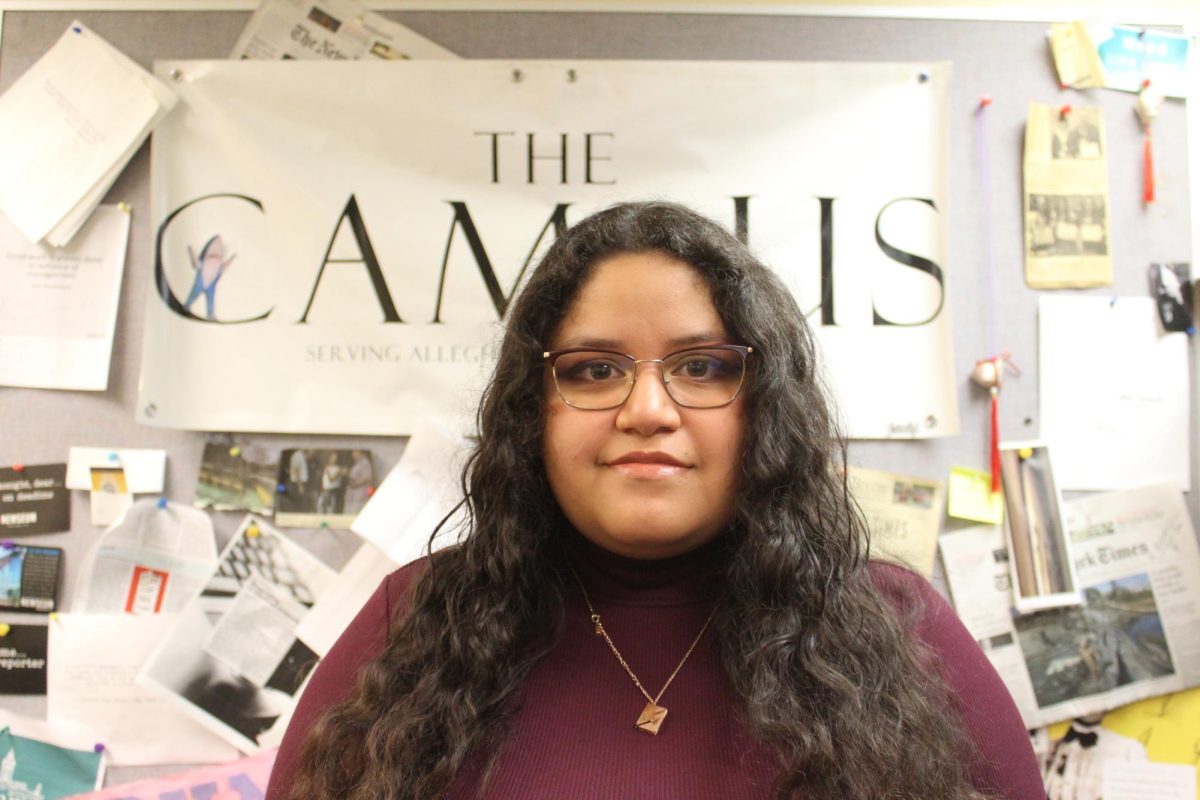I’ve never been a stranger to living through memory. With my mother having me at the ripe age of 42 — and my mother being born when my grandmother was 42 herself — there are countless family members I only hear stories about. For some, it’s mere whispers here and there, mostly from my aging cousins who are dedicated to preserving the Booker genealogy. For other family members, however, it’s a lot more personal.
My mother’s father, Mr. William G. Booker, never met me or my sister. Having passed away in 1989 from a stroke in the family home, I can only know him in two ways: oral and written memory. I grew up hearing stories of joy and stories of pain. I heard tales of my grandfather giving up on playing Major League Baseball with the New York Yankees to fight in World War II, returning to play minor league before settling into a car mechanic shop with him and his brothers. I heard the pain of my mother being so much younger than her brother, and having to deal with my grandfather’s brain injury from a car accident when she was just a child.
When my mother gave birth to my older sister, she had to face a deeply upsetting reality: her growing family would not know the family she grew up with.
The idea of loss is not new to anyone. As we grow older, a deep pit forms in our stomachs reminding us that one day we too will have to face the loss of our family. Many have already experienced such loss in varying degrees, while others have been blessed with several more years with elder loved ones.
However, the implication is that you “know” these family members. You meet them at least once in your lifetime. At a minimum, they know of your existence, your accomplishments, and maybe your age. You see them at family reunions, hear tales of their life before you were born, and you can feel the love surrounding them. Once these family members die they live on in memory, yes, but the memory is one of your own.
I could relate to my sister when talking about Grandpa. We both had not known him, so we both felt the same way about him. We love Grandpa Booker as much as we can. We’ll proudly tell people how he wrote letters to my Baba (Grandmother) during their 20-year separation; how he truly loved my Baba in every way he could. As a child, I always found myself hanging around Grandpa’s old hangout room– his “Den” – a place that is now my bedroom. My sister and I can share the trauma and pain of not knowing him, and we move on.
When it comes to other family members, things grow tricky for me. My father’s parents both perished in a car crash in 2000, three years before my birth. My sister, who was six then, had spent a stint of her lifetime knowing Grandma and Grandpa Martinez. I was stuck with the oral memories from others; a situation no one else in my family had to maneuver.
Yet perhaps the hardest, and most painful means of “living through memory” is when you were alive, yet too young to remember.
My Baba passed away in 2005 just a month after I turned two. She had gone in for a simple surgery that was botched, and there was no way to save her. The death was devastating to every Booker in the family, especially my Mom, sister, and uncle.
Baba’s death provided some grace to my memory, one would think. After all, I was alive: Baba died knowing that I existed. She knew my name, she got to babysit me, and there are several beautiful stories about our interactions. She sewed me pillows and dolls, items I still have today to remember her by. While there is grief knowing Baba never watched me grow up, it should be less than the grief of her not knowing me at all. Yet, it isn’t.
I do not remember Baba. I do not remember her face nor do I remember any interactions with her. Though I was only two, there’s an innate sense that the grief I face for Baba is meant to be similar to my sisters when it will never be: the grief that comes with memory. The closest memory I have is from her living room after her death, when I sat by the television while my family cleaned out the house. The grief is only amplified by frustration, as if I am punishing myself for not being sentient while she was still alive. It is not as if I can even ask those close to her, with her siblings and close friends long since passed as well.
The only way I can remember my Baba and Grandpa is through other people’s memories, including their own. I’ve gone through countless letters, cards, and miscellaneous memorabilia — some dating back to before my mom’s birth. In these artifacts, I can “feel” their personalities. I can see the way my Grandpa would dot his I’s, and how he wouldn’t use proper English because he was raised as a farm boy. I can get a feel for how they would talk, see nicknames people would have for them, and laugh at whatever time-appropriate joke they’d make. I’m able to know them in ways that are deeply personal, and so meaningful. Despite what I thought for most of my life, memory is not just oral. It is physical, as well.
Working at Allegheny’s Merrick Archives has only amplified how I view memory. I’ve viewed hundreds of artifacts from Allegheny students during their time at Allegheny. I see the joy of students with their friends, the love students had for professors, and the emotional moments where you can feel how tragedy impacted the community. I’ve read almost every letter alumnus Levi Bird Duff wrote to his friend during the Civil War. I read how their friendship turned into love until their inevitable marriage; a marriage that ended with her untimely death in 1877. With physical memories, there is a sense of humanity you don’t get from general biographic sketches.
This is why I decided to begin making a “This Week In History” column: to contextualize current events using previous newspaper articles. Sometimes, you get amusing quips — such as ASG antics and the ramblings of previous editors-in-chief — but you also get important information about what is going on in Allegheny history. What makes such details unique isn’t just the events themselves, but how Allegheny students chose to write about them. These newspapers are such a joy to read, and there is so much history in them, in more ways than one.
As I leave Allegheny College, I can only encourage people to explore its history. Not just the generic “history of Allegheny” but the history of its students. You’d be surprised just how many similarities you may have with a theology student in the 1800s. If not for learning the history, for learning the memories of those long since gone from the college. After all, we all have something in common: we decided, for whatever reason, to come to Northwest Pennsylvania to this small, private liberal arts college.
The importance of others’ memory
Story continues below advertisement
About the Contributor
Piper Booker, Copy Editor
Piper Booker is a senior from a small rural town in Southern Virginia. He is majoring in Religious Studies with a focus in Christianity alongside a minor in history. This is her first year on staff. When not proofing the paper, Piper can be found working at Allegheny's Archives, working on conference papers, or coming up with any excuse to give trivial facts about the college. Piper plans on pursuing graduate education in Library Science/History to continue working in archival settings.





